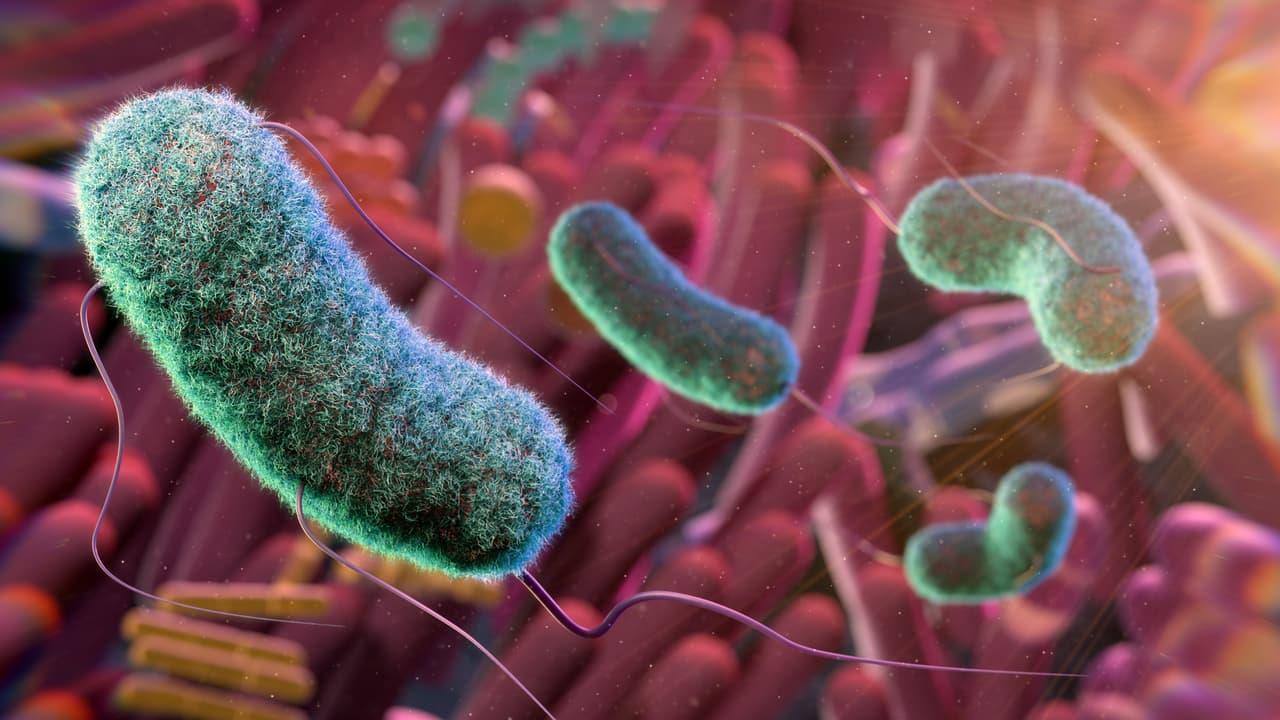
Ancient Viral DNA In Bacteria May Hold Key To Future Disease Treatments
In a discovery that's rewriting the story of fish evolution, scientists at the University of California, Berkeley have found that some ancient fish developed human-like hearing millions of years earlier than once believed.
By studying a 67-million-year-old fossil unearthed in Alberta, researchers revealed that these early fish began evolving advanced hearing while still living in the ocean - long before they moved into freshwater habitats. The finding challenges the long-held belief that sophisticated hearing systems evolved only after fish migrated to rivers and lakes. Their findings is published in Nucleic Acids Research.
The Fossil That Changed Everything
The fossil belongs to a newly named species, Acronichthys maccagnoi, part of a group called otophysan fish. These fish possess a unique structure known as the Weberian apparatus - a set of tiny bones connecting the air bladder to the inner ear. This adaptation allows them to detect higher-frequency sounds, much like humans.
Lead researcher Dr. Juan Liu, a UC Berkeley paleontologist, found that the Weberian system began forming in the sea roughly 154 million years ago, not in freshwater as previously thought. Her team's 3D scans and computer simulations showed that even ancient otophysan fish could hear frequencies up to 1,000 Hertz, comparable to modern zebrafish.
Two Separate Freshwater Invasions
The study also suggests that otophysan fish colonised freshwater twice in history - creating two major evolutionary branches. One gave rise to catfish, tetras, and knife fish, while the other produced carp, minnows, and zebrafish. This double migration explains why freshwater fish are so incredibly diverse today, with over 10,000 species worldwide.
Legal Disclaimer:
MENAFN provides the
information “as is” without warranty of any kind. We do not accept
any responsibility or liability for the accuracy, content, images,
videos, licenses, completeness, legality, or reliability of the information
contained in this article. If you have any complaints or copyright
issues related to this article, kindly contact the provider above.

















Comments
No comment